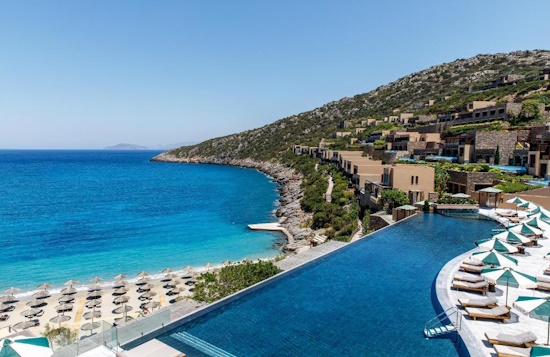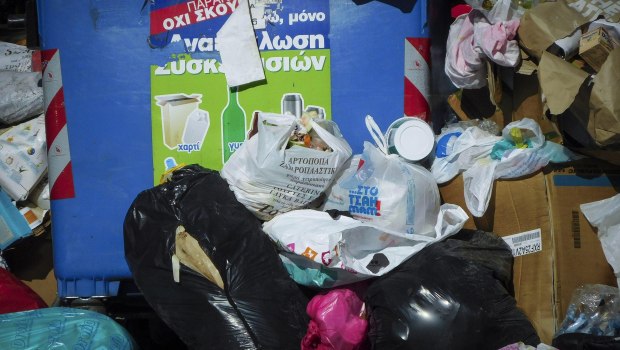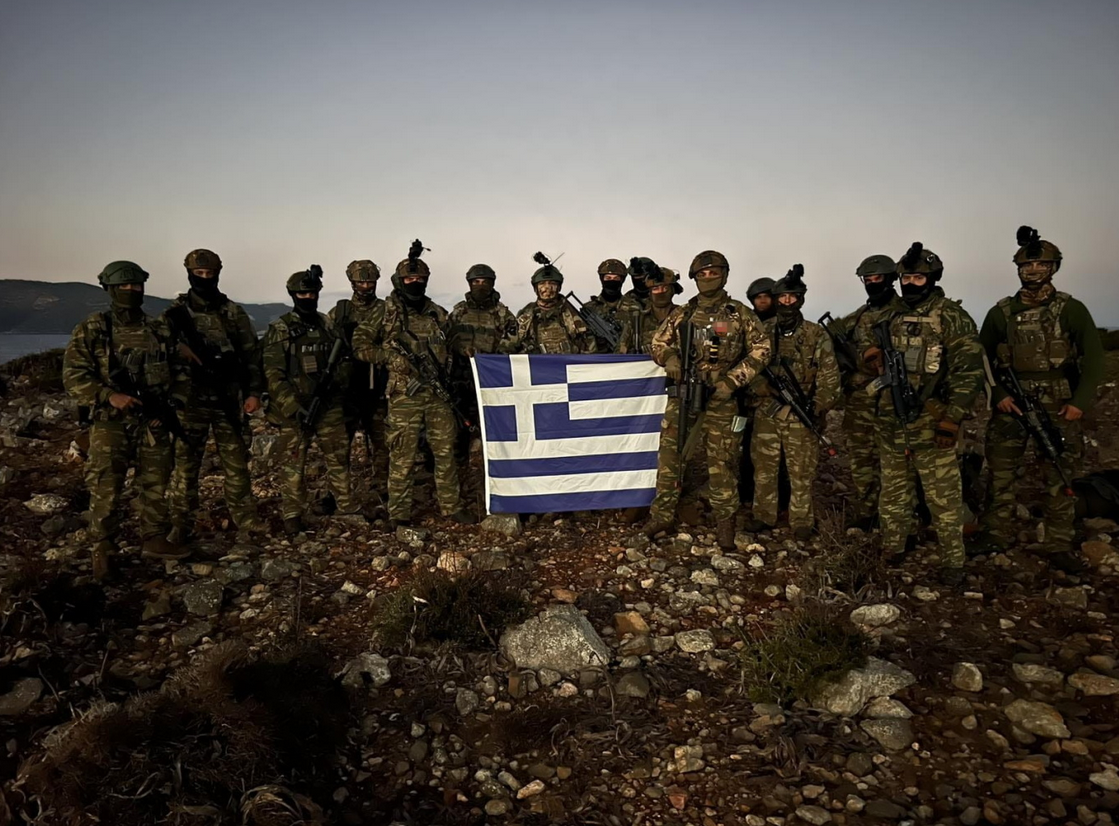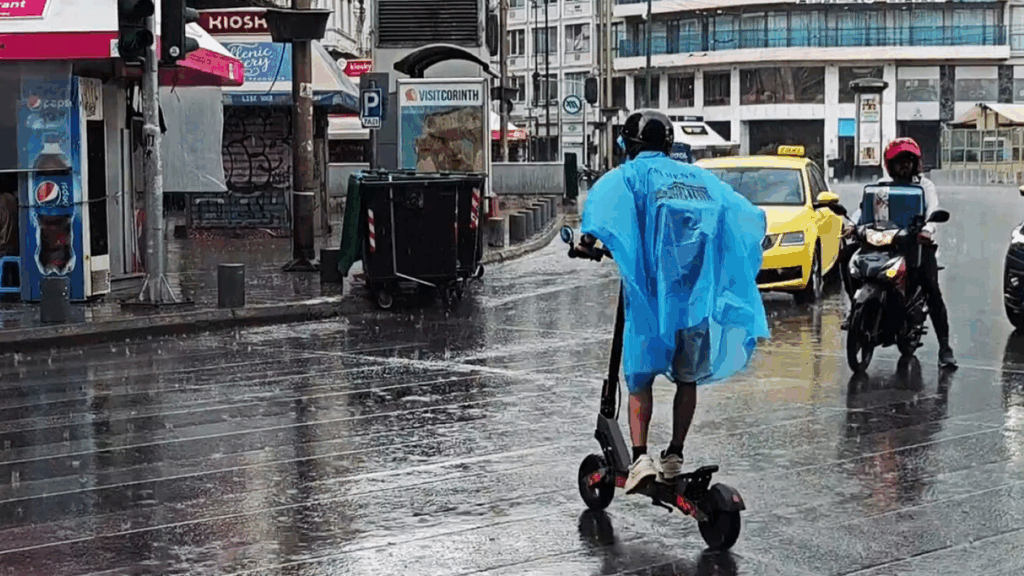What the relatives of the Tempi victims requested from the Prosecutor of the Supreme Court
Source: ProtoThema English
The relatives of the victims of the Tempi railway tragedy, which claimed 57 lives, together with their lawyers, visited the Prosecutor of the Supreme Court, Konstantinos Tzavellas, today, Monday, in order to submit a request for a supplementary investigation into the case. In their memorandum, they emphasize, among other things, that there were hasty actions by the appellate judge to close the investigation, while later the appellate prosecutor of Larissa made his recommendation through expedited procedures.
They argued that crucial documents had not been examined, such as the report of the State General Chemistry Laboratory concerning the presence of flammable materials on the fatal train. For this reason, they demand that the investigation continue, so that the case can be fully illuminated and responsibility for the crime established.
Specifically, in their 47-page memorandum, the victims’ relatives state that “in this case, there is an immediate need for a supplementary main investigation.”
At the same time, they describe as a “grave omission” the closure of the investigative process without taking into account the new data from the State General Chemistry Laboratory, which could have given rise to specific requests for further inquiry into the case. They also refer to a series of outstanding requests, such as the seizure of the recorder from the Thessaloniki freight station.
In more detail, they stress: “Converging omissions on the part of the investigation are evident, all related to the outbreak of the fire that demonstrably burned alive at least five to seven passengers of the train and possibly others among our 27 incinerated relatives, as well as causing severe injuries to some of us. The seriousness, objectivity, and effectiveness of a judicial inquiry is primarily grounded in the findings and their thorough evaluation. This investigation is constantly evolving, enriched with new evidence, which must be disclosed and evaluated by individuals of recognized scientific authority and specialized professional expertise,” the victims’ families emphasize in their request.
Elsewhere, they note that the case file has already produced “sufficient evidence establishing the commission of criminal offenses at the felony level by representatives of ‘Hellenic Train’” as well as criminal liability for other individuals.
In this context, they are asking the Supreme Court Prosecutor to take all lawful steps and, in particular, to order the appellate prosecutor of Larissa to return the case file to the appellate investigating judge for the conduct of a supplementary investigation, as well as to take any other lawful action.
After filing the request, Nikos Papaggelis, father of Anastasia Papaggelis who lost her life in the railway disaster, stated: “They want everyone responsible to be punished, from the Prime Minister to the stationmaster, if it is proven they are at fault. This case file that has been submitted is incomplete. We came to ask the Supreme Court Prosecutor to reopen the case.”
For her part, Zoe Konstantopoulou, president of Course of Freedom and counsel for the prosecution, stated among other things: “Parents, relatives of the victims of Tempi, and survivors are seeking justice. Today we addressed the Supreme Court Prosecutor for the obvious—that the investigative case file not be buried. The reaction of the Supreme Court Prosecutor was, in my opinion, non-institutional, overtly hostile, and inappropriate for the stance a Supreme Court Prosecutor should adopt toward victims’ families, toward victims, truth, and justice. We heard a prosecutor declare himself incompetent before even listening to our request, to reject it, and to be irritated by the presence of relatives and lawyers. Our pursuit of justice and truth will not be subdued. These people have suffered the greatest tragedy, the greatest crime, and no controlled or fearful authority will deter us.”
Additionally, Giannis Marakakis, another counsel for the prosecution, stressed that most legal experts involved in the case believe “the case has been largely obscured, while crucial issues for referrals and trials have been swept under the rug,” adding that ultimately the truth must prevail, and that there is not more than one truth, but only one.
Another prosecution lawyer, Manolis Vonikakis, added: “Today we paid a customary visit to the Supreme Court Prosecutor as part of procedural actions initiated last Friday with the submission of a memorandum to the Larissa Appellate Prosecutor, requesting that he return the case to the Larissa investigating judge as the only competent authority, in order for certain crucial issues to be clarified, for which the judicial authorities have not provided convincing answers.”
Ask me anything
Explore related questions
The original article: belongs to ProtoThema English .



